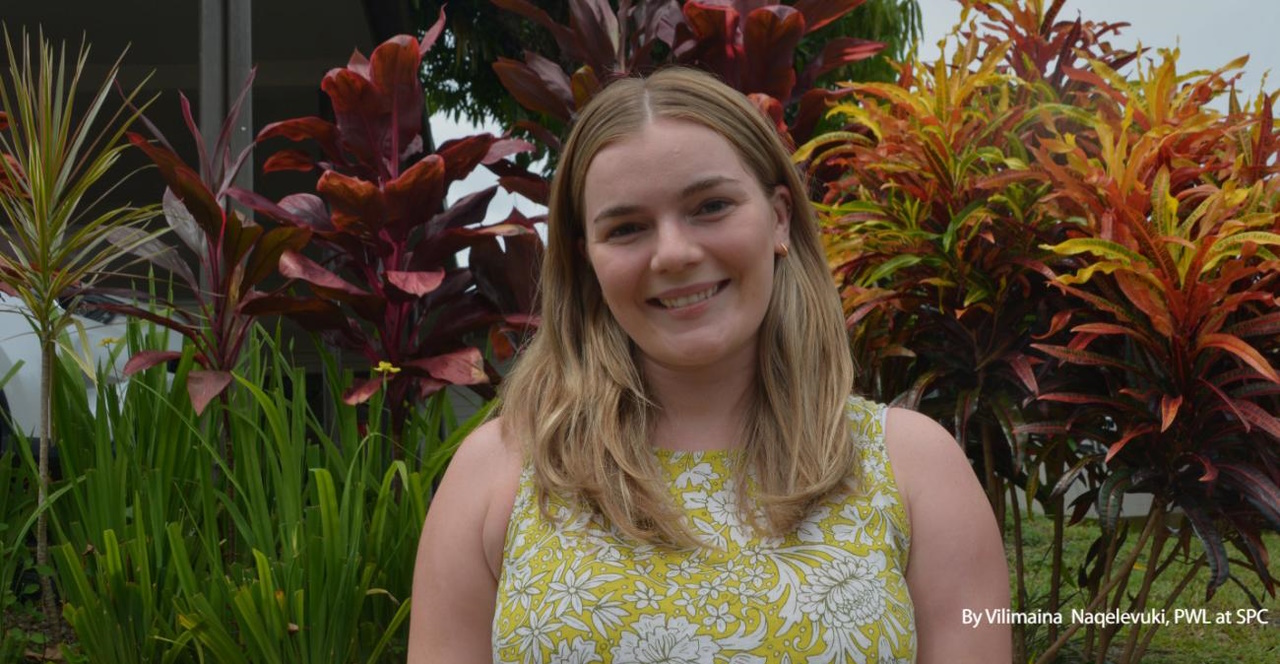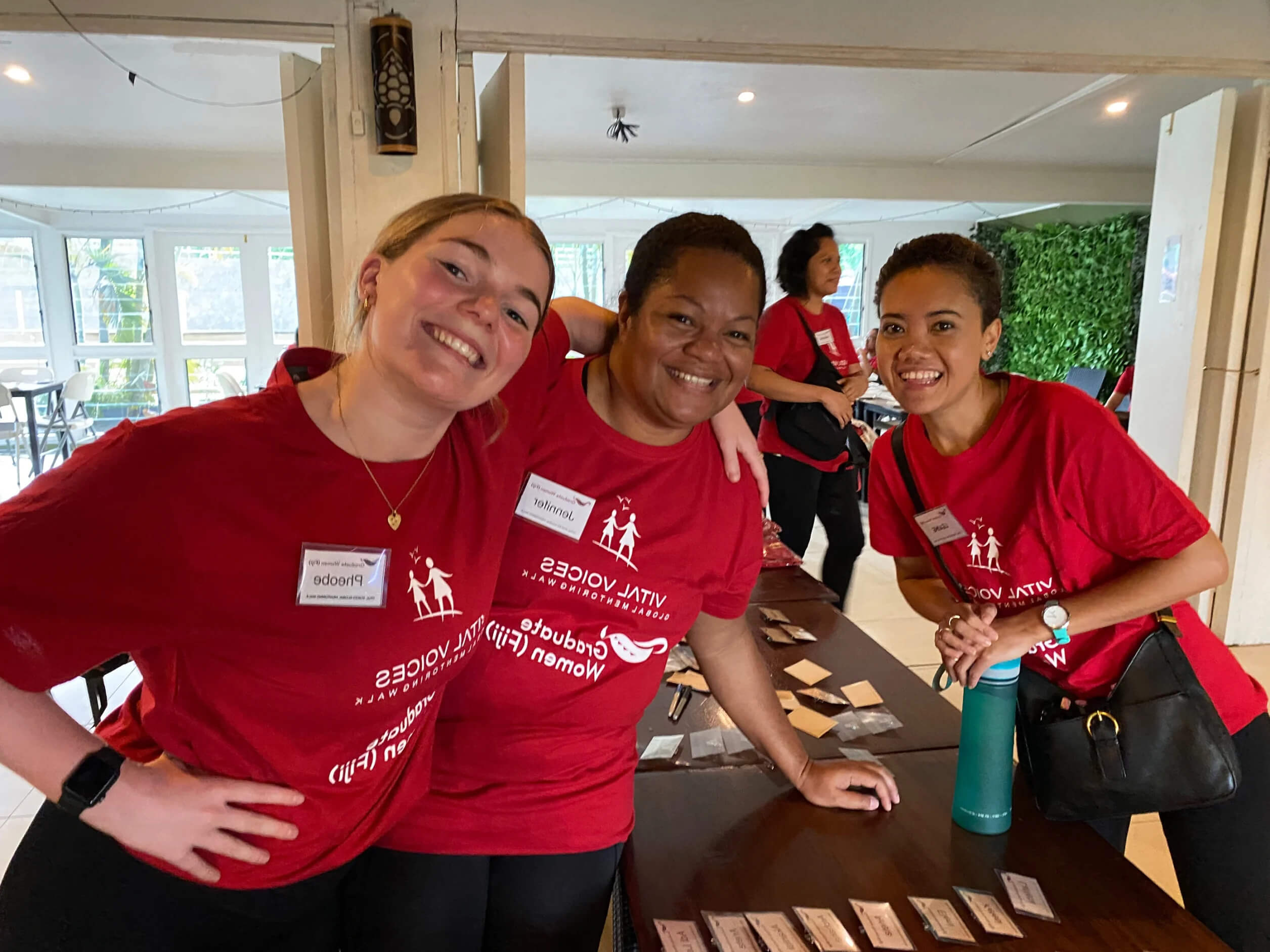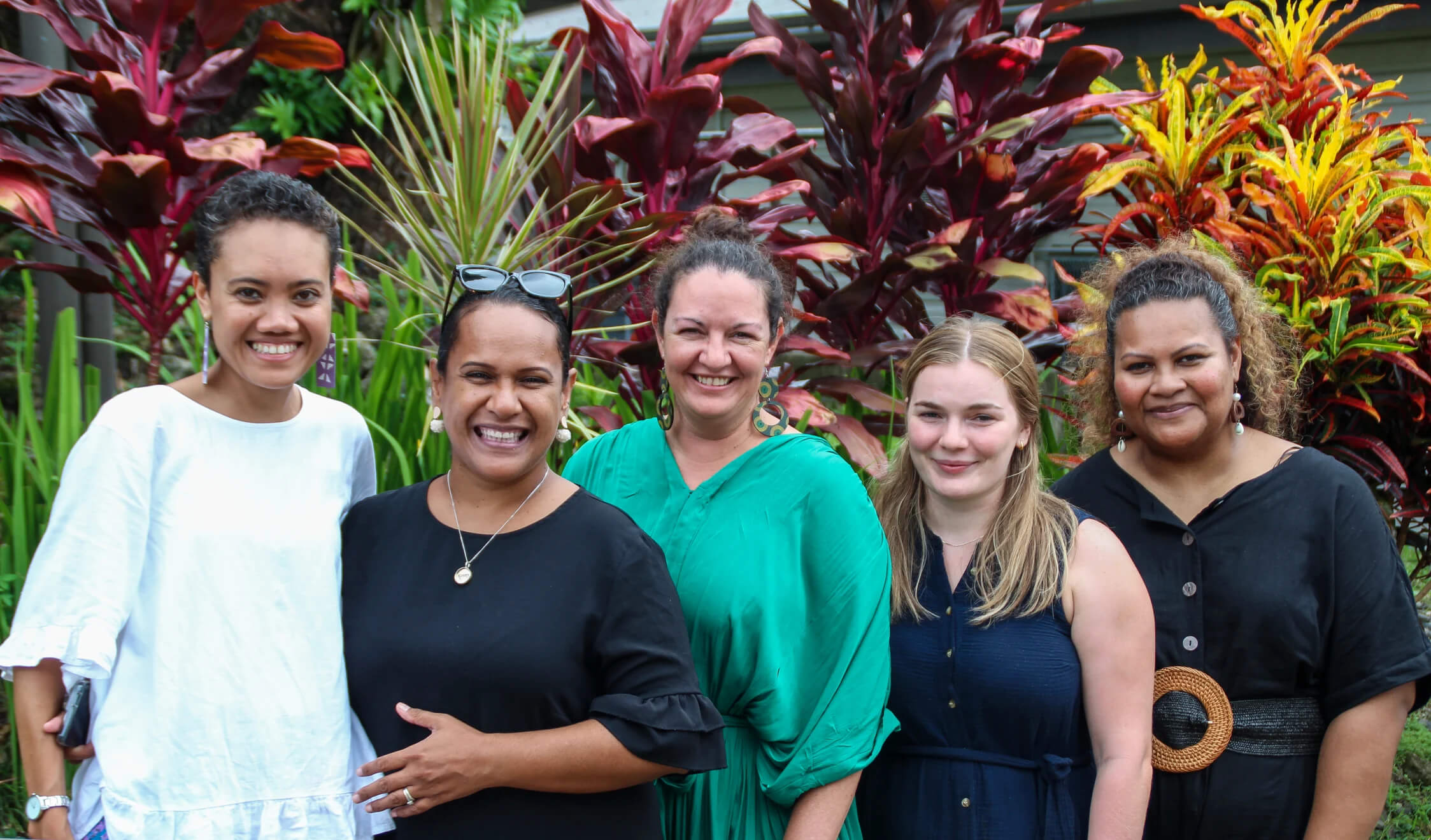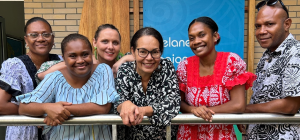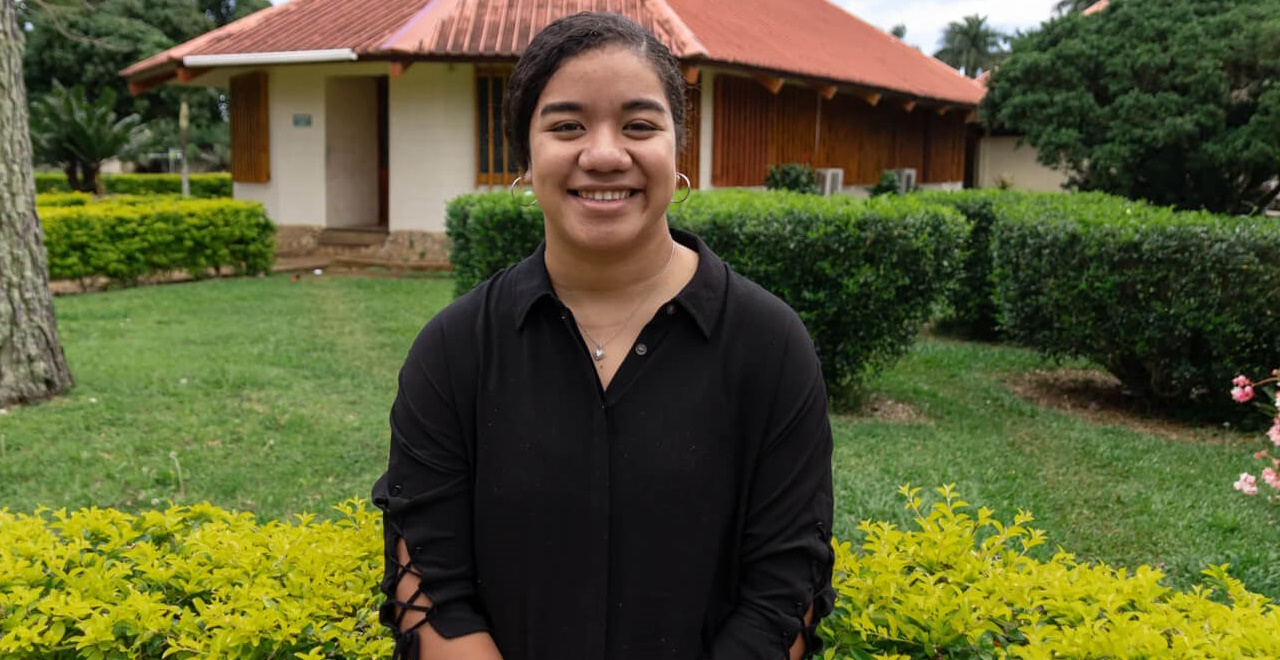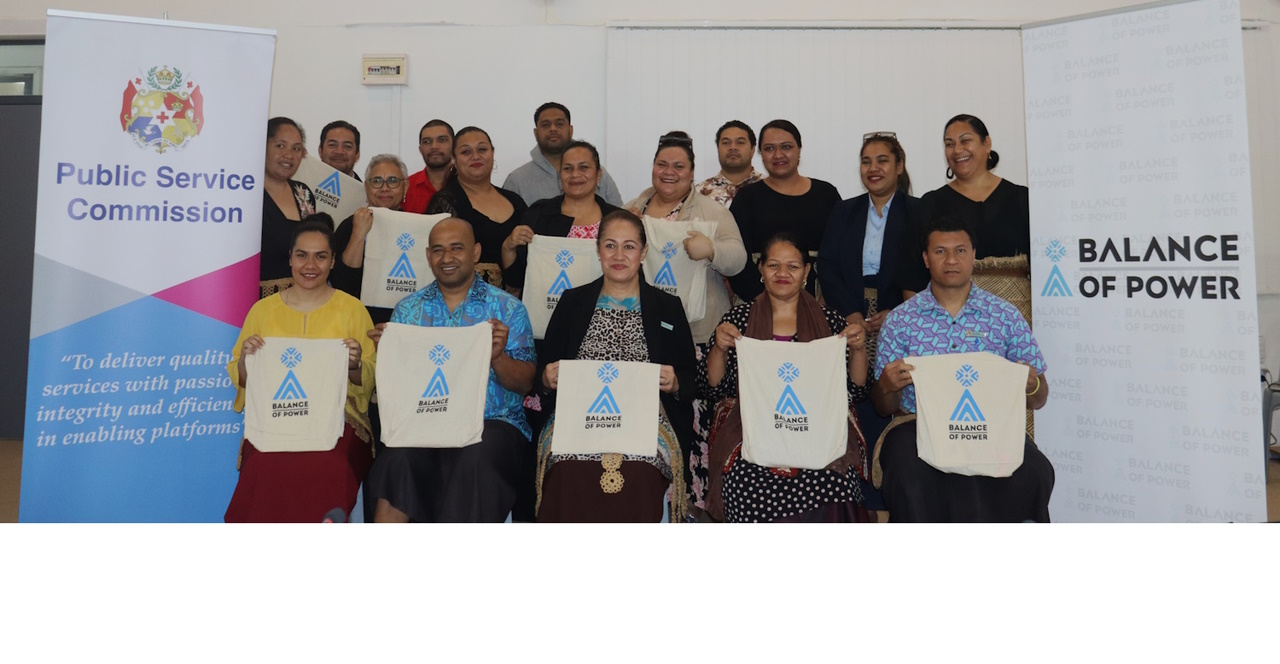“The staff at SPC have a wealth of experience in the gender and development space internationally, I am grateful to develop close working relationships with people whose careers mirror my long-term aspirations.”
Phoebe Nadenbousch is a Research Intern who recently joined the Pacific Women Lead at SPC programme.
She shares her insights on wanting to learn about regional approaches to the prevention of sexual and gender-based violence (SGBV).
“I have always been passionate about the empowerment of women and girls. I am particularly interested in the eradication of sexual and gender-based violence in all its forms.”
Phoebe is currently under the New Colombo Plan Scholarship, a signature initiative of the Australian Government which aims to lift knowledge of the Indo-Pacific in Australia by supporting Australian undergraduates to study and undertake internships in the region.
“As part of my New Colombo Plan Scholarship, I want to learn regional approaches to SGBV prevention to understand what practices achieve the most meaningful change and how these may be applicable to the Australian context,” she said.
Phoebe explains how fortunate she has been to gain experience from an organisation in the Pacific to help build her momentum for a long-term career.
“I am grateful that I have been able to work at the national level within Fiji Women’s Rights Movement, or FWRM, and now I can work at a regional level on the PWL at SPC programme,” she said.
Her motivation to work within the gender space comes from the prevalence of sexual and gender-based violence in Australia, the Pacific and across the globe.
“Until the levels come down and the enabling cultures are dismantled through advocacy, policy reform, education, and justice, I will continue to be motivated to work in this space,” she said.
“In the long-term I would like to produce meaningful policy and structural reform for justice processes, consent education, and SGBV mitigation in Australia,” she said.
